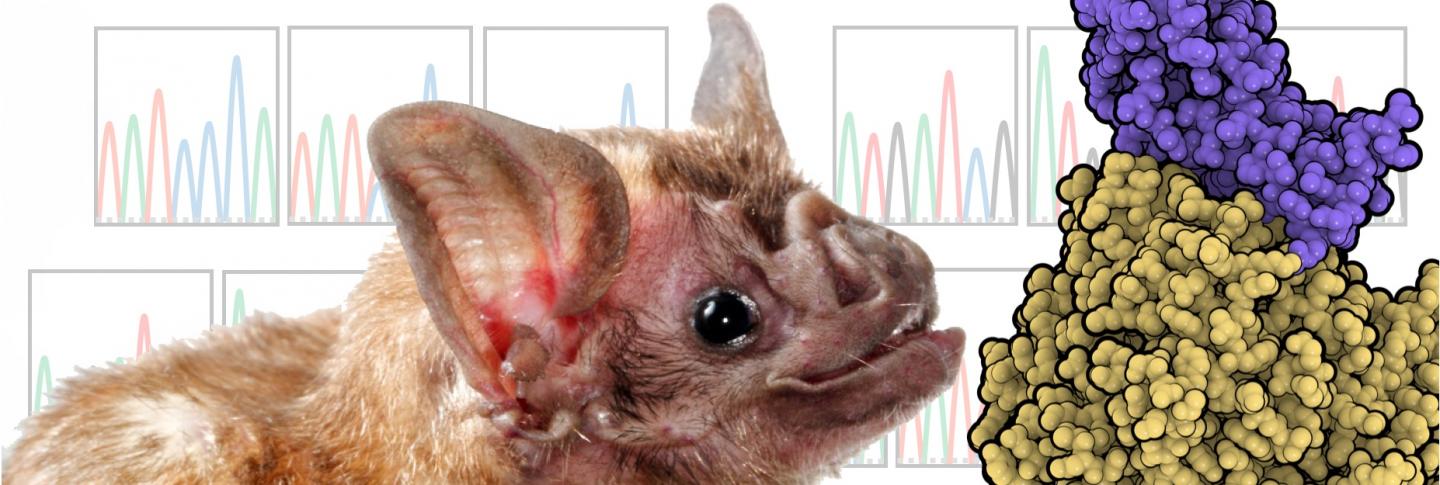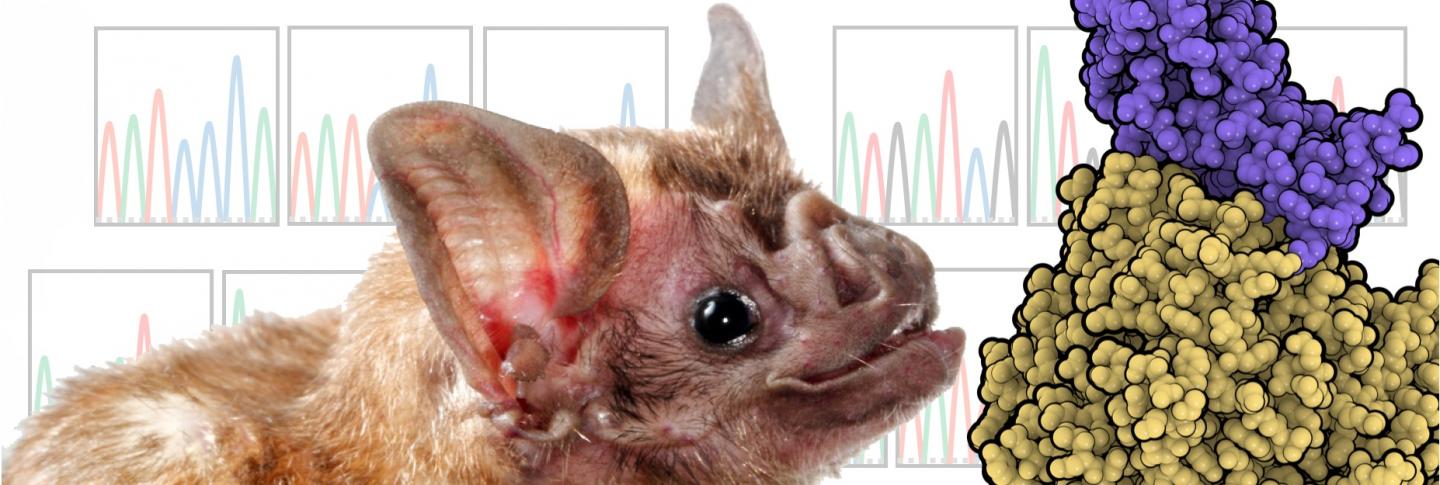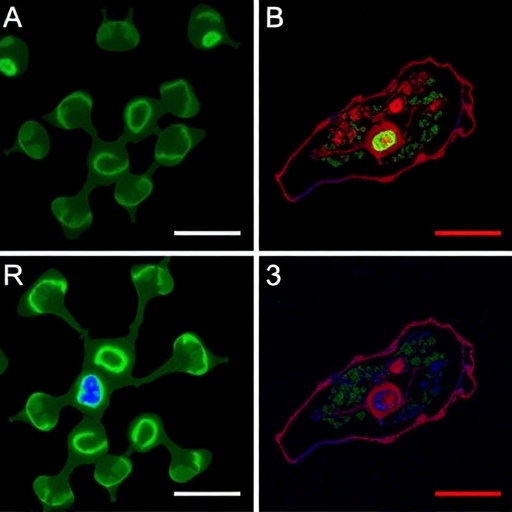
Credit: NIAID
WHAT:
In the past 15 years, two outbreaks of severe respiratory disease were caused by coronaviruses transmitted from animals to humans. In 2003, SARS-CoV (severe acute respiratory syndrome coronavirus) spread from civets to infect more than 8,000 people, leading to a year-long global public health emergency. MERS-CoV (Middle East respiratory syndrome coronavirus), first identified in 2012, consistently jumps from dromedary camels to people, resulting in periodic outbreaks with a roughly 35 percent fatality rate. Evidence suggests that both viruses originated in bats before transmitting to civets and camels, respectively. While many other coronaviruses in nature are not known to infect people, MERS-CoV and SARS-CoV are notable for their ability to infect a variety of different species, including humans.
New research published in Cell Reports from scientists at the National Institute of Allergy and Infectious Diseases (NIAID) shows how MERS-CoV can adapt to infect cells of a new species, which suggests that other coronaviruses might be able to do the same. NIAID is part of the National Institutes of Health.
To cause infection, a virus must first attach to a receptor molecule on cells of the host species. This interaction is highly dependent on the shape of the receptors, which the host genes control. To evaluate how MERS-CoV evolves to infect host cells, the scientists tested 16 bat species and found that the virus could not efficiently enter cells with receptors from the common vampire bat, Desmodus rotundus. They then grew virus on cells that had vampire bat receptors and observed the virus evolving to better infect the cells. After a few generations, the virus had completely adapted to the vampire bat receptor. By studying how the shape of MERS-CoV changed over time to attach to the new host receptor, the scientists found similarities with prior studies of SARS-CoV. Thus, while these two viruses are different, they use the same general approach to enter the cells of new species.
Understanding how viruses evolve to infect new species will help researchers determine what is required for viruses to emerge and spread in new hosts. These findings also may be important for developing new vaccines, which viruses often evolve to avoid.
The scientists, part of a viral ecology group at NIAID's Rocky Mountain Laboratories, next plan to work with other, related viruses to determine if they also efficiently adapt to new species.
###
ARTICLE:
M Letko et al. Adaptive evolution of MERS-CoV to species variation in DPP4. Cell Reports DOI: 10.1016/j.celrep.2018.07.045 (2018).
WHO:
Vincent Munster, Ph.D., chief of the virus ecology unit in NIAID's Laboratory of Virology, is available to discuss this work.
CONTACT:
To schedule interviews, please contact Ken Pekoc, (301) 402-1663, [email protected].
NIAID conducts and supports research–at NIH, throughout the United States, and worldwide–to study the causes of infectious and immune-mediated diseases, and to develop better means of preventing, diagnosing and treating these illnesses. News releases, fact sheets and other NIAID-related materials are available on the NIAID website.
About the National Institutes of Health (NIH): NIH, the nation's medical research agency, includes 27 Institutes and Centers and is a component of the U.S. Department of Health and Human Services. NIH is the primary federal agency conducting and supporting basic, clinical, and translational medical research, and is investigating the causes, treatments, and cures for both common and rare diseases. For more information about NIH and its programs, visit http://www.nih.gov/.
NIH…Turning Discovery Into Health®
Media Contact
Ken Pekoc
[email protected]
301-402-1663
@NIAIDNews
http://www.niaid.nih.gov
Related Journal Article
http://dx.doi.org/10.1016/j.celrep.2018.07.045





